The Church between self-assurance and uncertainty
Between the Great Schism of the eastern and western churches (1054) and the divisions within the west resulting from the Reformation (1517), ten ecumenical councils took place in the Roman Catholic Church: Lateran I (1123), Lateran II (1139), Lateran III (1179), Lateran IV (1215), Lyon I (1245), Lyon II (1274), Vienna (1311–1312), Constance (1414–1418), Basel-Ferrara-Florence (1431–1445) and Lateran V (1512–1517). On the one hand, these councils strengthened ecclesiastical and papal authority (reform, papal primacy and conciliarism, investiture controversy...) as well as pastoral action (liturgy, mendicant orders...). On the other hand, in dealing with ecclesiastical power, the cuncils had to make important course corrections (clerical discipline, simony…). Often it was also the excessive oversight of the church´s own spiritual claims (crusades, counter-popes, schisms...) that calls councils to the scene. - This elective course will cover the historical and political backgrounds and developments; it will highlight participants and procedures and doctrinal statements. Furthermore, the course will identify the theological and spiritual developments that characterize the church´s mission to this day.
